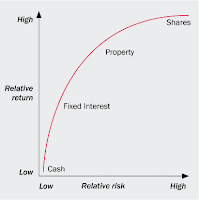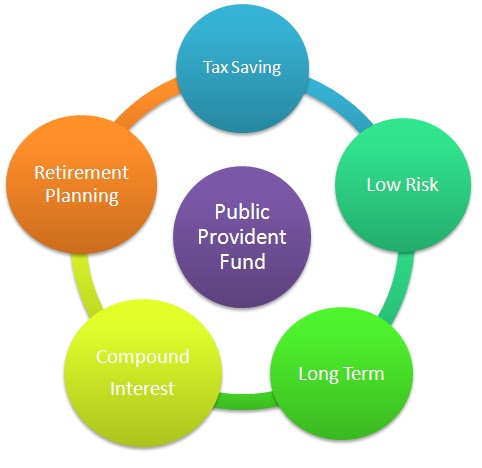I have mentioned in my previous post that paying off your debt is the Best investment, and as far as possible try to avoid unnecessary debt. However please note that NOT all debts are bad. Debts could be a Good debt or a Bad debt. Good debt can make you rich and Bad debt can make you poor.
Let’s try to understand difference between good debt and bad debt.
What is Good Debt?
Whenever you borrow money to buy an assets out of that money, is consider as good debt. Here after repaying this debt eventually you become the owner of that asset and asset itself is a wealth or a source of income as a result good debt can make you rich. Examples of good debt could be home loan, business loan, education loan etc.
What is Bad Debt?
Whenever you borrow money to acquire liabilities out of that money is consider as bad debt. In this case after repaying the debt though you became the owner of something, its value is declining persistently such as car loan. Other bad debt could be Holiday loan, Credit card bills and Shopping EMIs etc
Conclusion: As far as possible try to avoid bad debt, and stay away from it. You can get into good debt if you believe its principal, tenure and rate of interest are affordable.



























